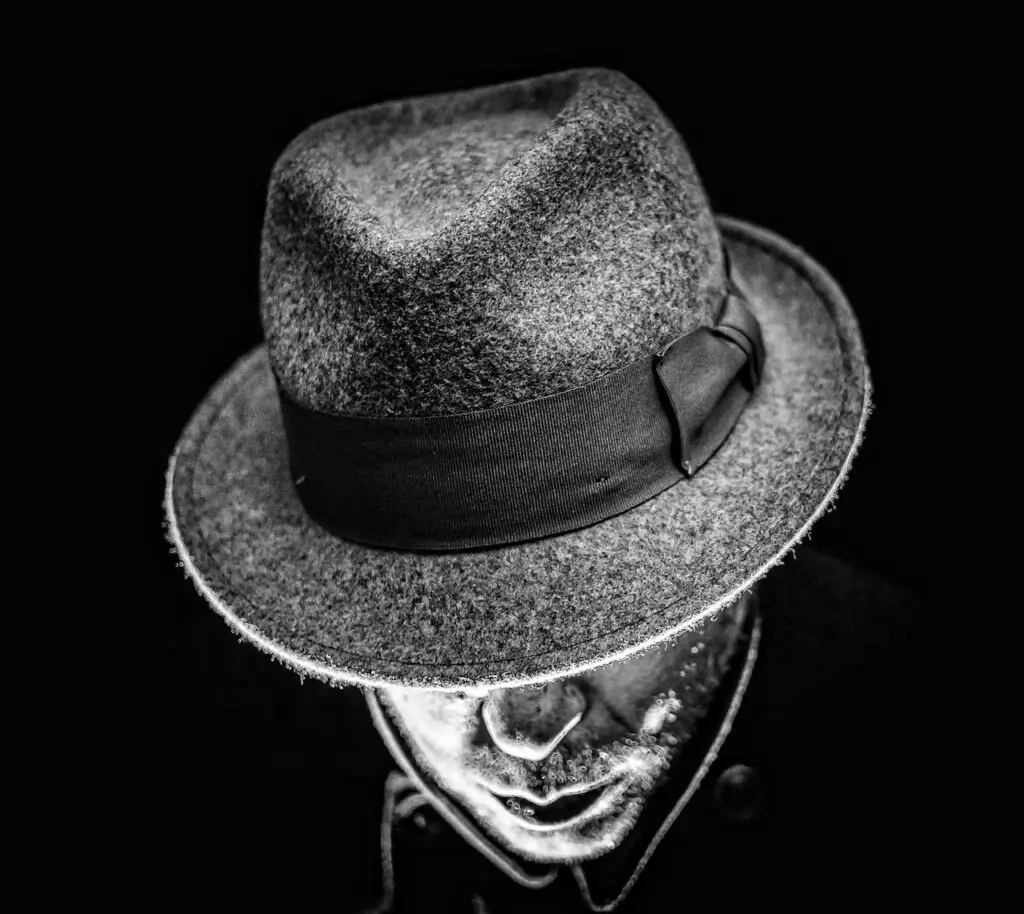Hats have been a part of human fashion for centuries, and they serve a variety of purposes such as protection from the sun, rain, or cold weather. But beyond their practical uses, hats have also taken on a significant role in the psychology of fashion and self-expression. It’s important to examine the psychology of wearing hats and how they impact our perception of self and others.

Hats as a Symbol of Social Status
One of the most prominent psychological effects of wearing hats is their ability to convey social status. Throughout history, hats have been used as a symbol of power, authority, and wealth.
For example, the top hat worn by men in the 19th century was a symbol of wealth and social standing, while the hard hat worn by construction workers is a symbol of their occupation and the physical labor that they do. Similarly, military and police hats are symbols of authority and respect.
Hats as a Form of Self-Expression
Hats are also a powerful tool for self-expression. They can be used to express one’s individuality, personality, or personal style. For example, a baseball cap worn backwards can be seen as a symbol of nonconformity, while a fedora can be seen as a sign of sophistication and style.
Additionally, hats can also be used to express one’s interests or affiliations, such as a team hat or a band hat.
Hats as a Form of Nonverbal Communication
In addition to being a symbol of social status and self-expression, hats also serve as a form of nonverbal communication. The type of hat worn and how it is worn can convey different meanings and messages.
A person wearing a baseball cap with the brim pulled low over their eyes may be perceived as unfriendly or unapproachable, while a person wearing a beanie with a smile on their face may be perceived as friendly and approachable.
Hats and Confidence
Hats can also have a psychological effect on the person wearing them. Wearing a hat can be a source of confidence and self-assurance. The physical act of putting on a hat can be a form of “armoring” oneself, which can help to boost one’s confidence and self-esteem.
Additionally, the symbolism and self-expression associated with hats can also be a source of confidence and self-assurance. This can be seen in pop culture movies and television that feature main characters wearing hats such as the popular tv show Yellowstone.
Hats and Memory
Hats can also have an impact on our memories and the way we think about ourselves. The memories associated with a particular hat can be powerful, whether it’s a hat worn during a special event, or a hat that has been passed down from a loved one.
These memories can be a source of nostalgia and sentimental attachment. Additionally, the way we think of ourselves when wearing a hat can be influenced by the memories and associations we have with that hat.
Psychology of Wearing Hats: A Powerful Tool
Hats have a significant role in the psychology of fashion and self-expression. They can convey social status, serve as a form of self-expression and nonverbal communication, boost confidence, and influence our memories and the way we think about ourselves.
The next time you put on a hat, take a moment to consider the psychological impact it may have on yourself and those around you. Hats are not just for protection or fashion, it’s a powerful tool for self-expression and communication.
